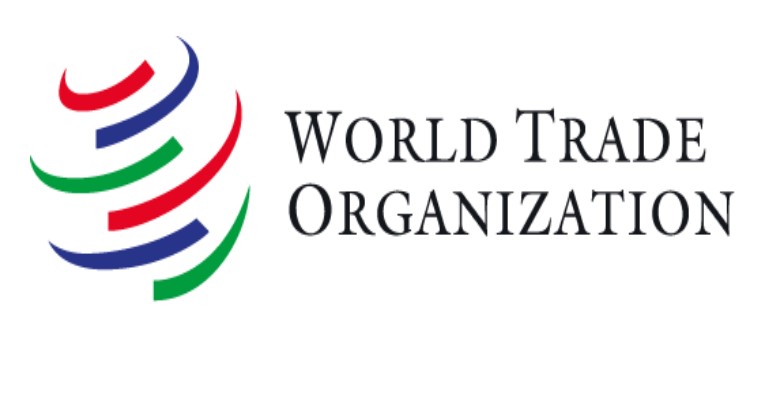Members submit new proposals to move WTO farm negotiations to “solution-finding” phase.
July 19, 2019

At a meeting of the World Trade Organization’s Committee on Agriculture in Special Session on July 15, members put forward several new submissions to give the agricultural negotiations a push and to move into a “solution-finding” phase once negotiations resume in September.
A summary of all of the negotiation options on domestic support submitted since the 11th ministerial conference in December 2017 was tabled by the Cairns Group (a group of agricultural exporting countries). In the ensuing debate, many members identified domestic support as the top priority in the negotiations.
Eyeing the 12th ministerial conference in June 2020 as a possible conclusion for the negotiations, Australia said: "This is not for members to check whether their position or their most-hated positions are on the list. … It is to lay the groundwork for members to discuss what is doable and what is not doable (in September)."
Benin, on behalf of the Cotton-4, introduced a new proposal on cotton, including a plan to reduce trade-distorting cotton subsidies in incremental steps between Jan. 1, 2021, and Dec. 31, 2025.
Members also examined a new submission by the least-developed countries group on the agricultural negotiations as well as new suggestions by Russia on market access as they continued discussions on six key topics, namely: domestic support, market access, export competition, export prohibition/restriction, public stockholding and cotton. The issue of the special safeguard mechanism will be discussed at the next meeting.
In conclusion, the chair, Ambassador John Deep Ford from Guyana, provided his preliminary assessment on the state of play on all of the topics, covering the committee's meetings and the special Working Group process, which wrapped up in June. He thanked the Working Group coordinators for the excellent work undertaken in these groups, in which members had the opportunity to hold in-depth discussions on all of the issues covered in the negotiations. Looking ahead, he stated that the time for reflection is over and said "it is now time for actions and movement."
The chair confirmed his intention to circulate a "Reflections & Options Paper" by the end of the month summarizing his assessment of the state of play. He invited members to "take advantage of the summer break to read carefully the paper and prepare concrete and practical options and proposals for negotiation."
Domestic support
Deep Ford said the key objective upon which members seem to agree is to address trade-distorting domestic support, but there are differences on how that objective might be achieved. The chair noted that numerous developing members have called for a level playing field and correcting what they perceive as existing imbalances in the WTO Agreement on Agriculture.
The views put forward so far to address domestic support have centered on existing limits and entitlements, new limits and disciplines, such as overall limits or product-specific disciplines and taking into account more disaggregated information such as support: by farmer or by hectare; by type of beneficiary (e.g., poor farmers versus commercial farmers); by “destination” (e.g., domestic consumption or export), and by the type of support provider (e.g., net food importer or net food exporter). Deep Ford also noted a call by several members for proportionality in making contributions to the reform efforts relative to the role of the support in causing trade distortions.
Market access
A number of members expressed reservations about targeting country-specific tariff rate quotas (TRQs) and considered that those TRQs were not covered by the Bali TRQ decision and the underfill mechanism. Further examination of issues surrounding changes in applied tariffs and the treatment of consignment en route was supported by several delegations.
A few members reiterated their interest in export financing, international food aid programs and agricultural exporting state trading enterprises, but no proposals were submitted.
Deep Ford noted in his conclusion that many members had stressed in the discussions the need to focus first on how to enhance transparency to properly monitor and possibly improve the disciplines in export competition.
What’s ahead
Deep Ford indicated that he will circulate a report before the end of July, with "concrete" and "practical" as the key spirit of the document. The report will be structured to help members reflect during the summer break. He appealed to members to reassess their positions in order to bridge the gaps and find convergence.
He noted that they need to figure out "what precisely on each topic will be realizable for an outcome. Looking ahead, he further advised members to come prepared for a "more intense, proactive and results-oriented phase of negotiation" in September.
Three committee meetings are scheduled for Sept. 26-27, Oct. 28-29 and Nov. 28-29, 2019.
You May Also Like



